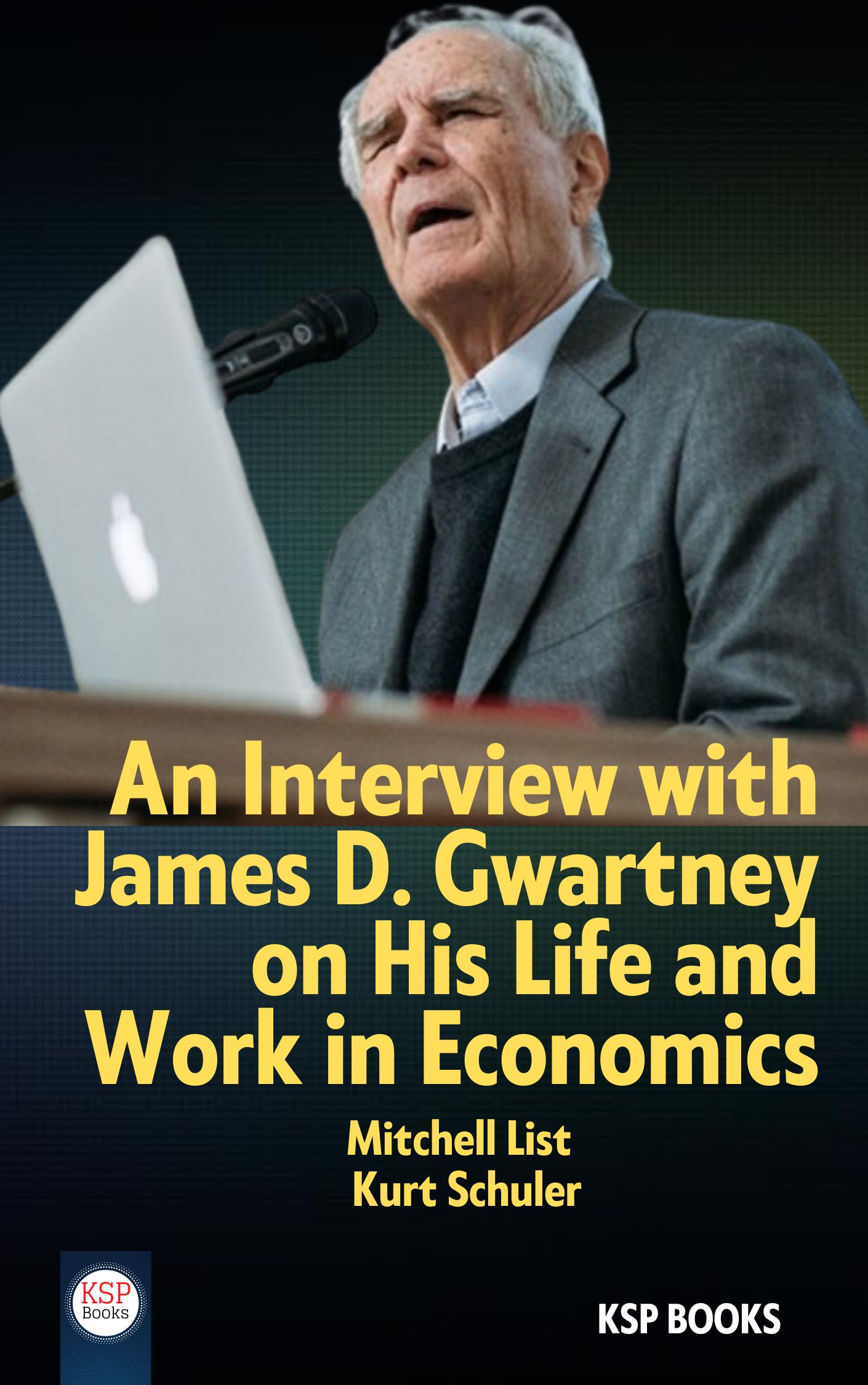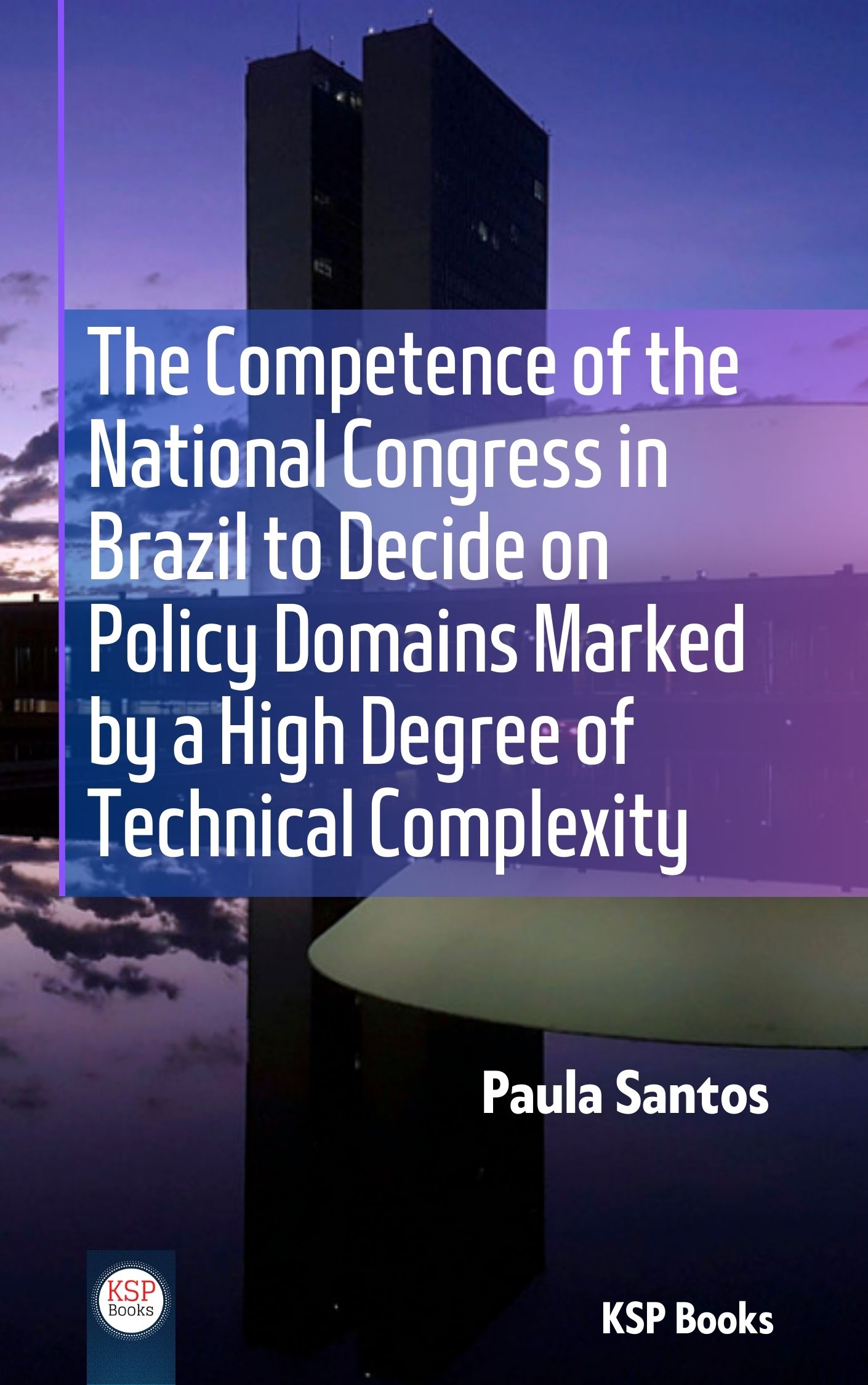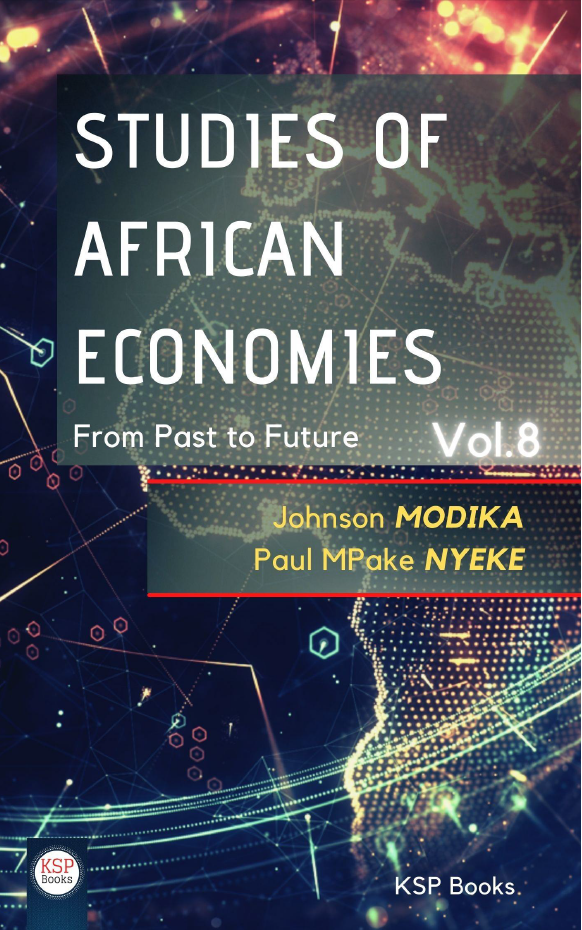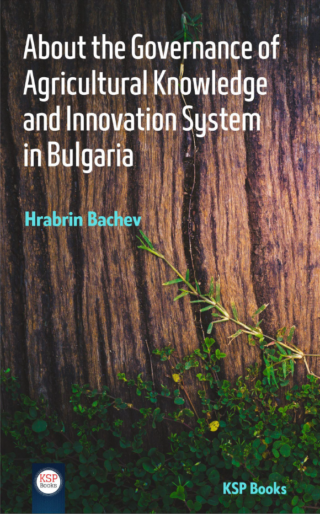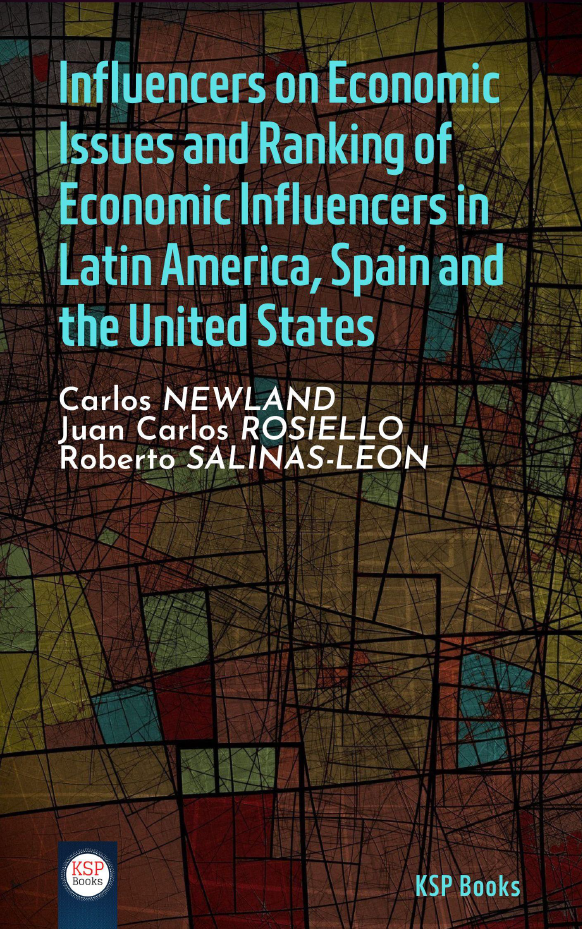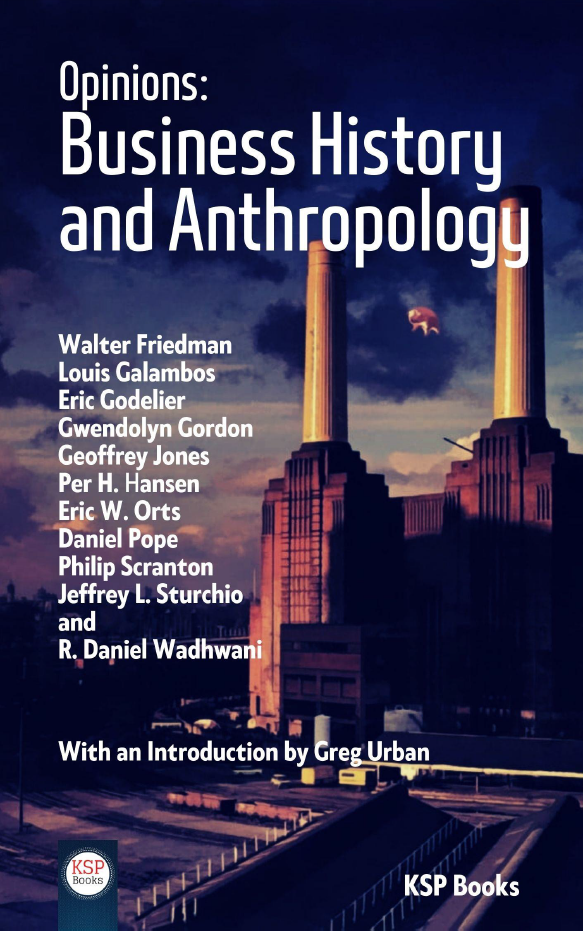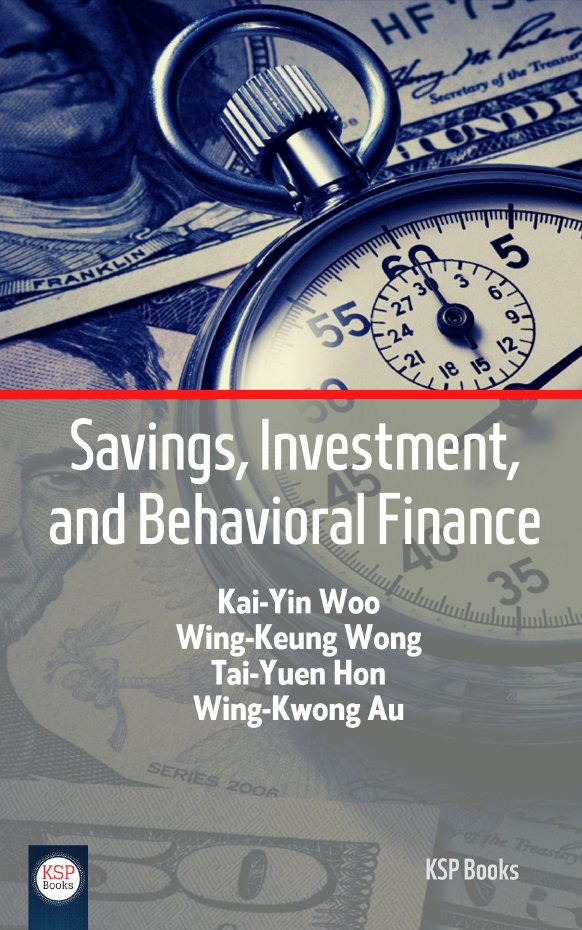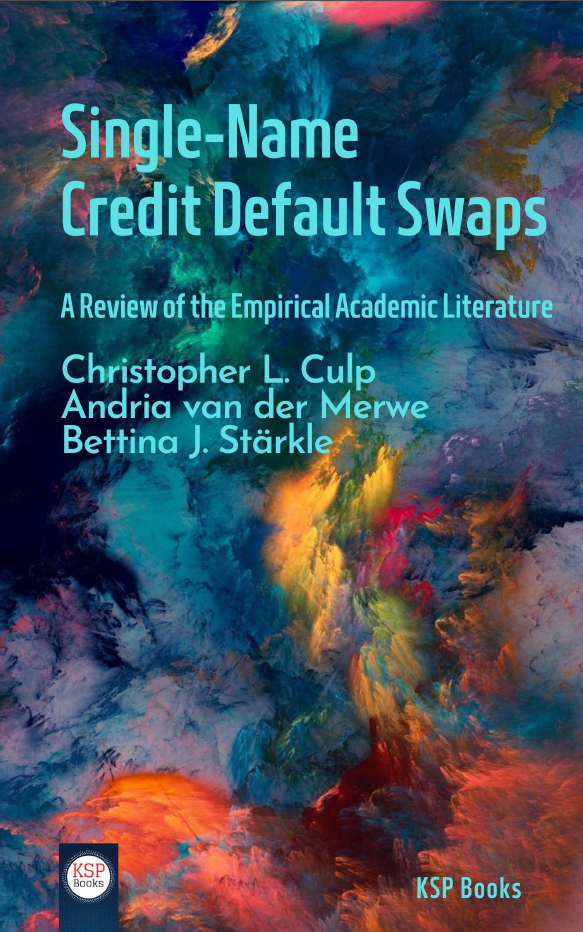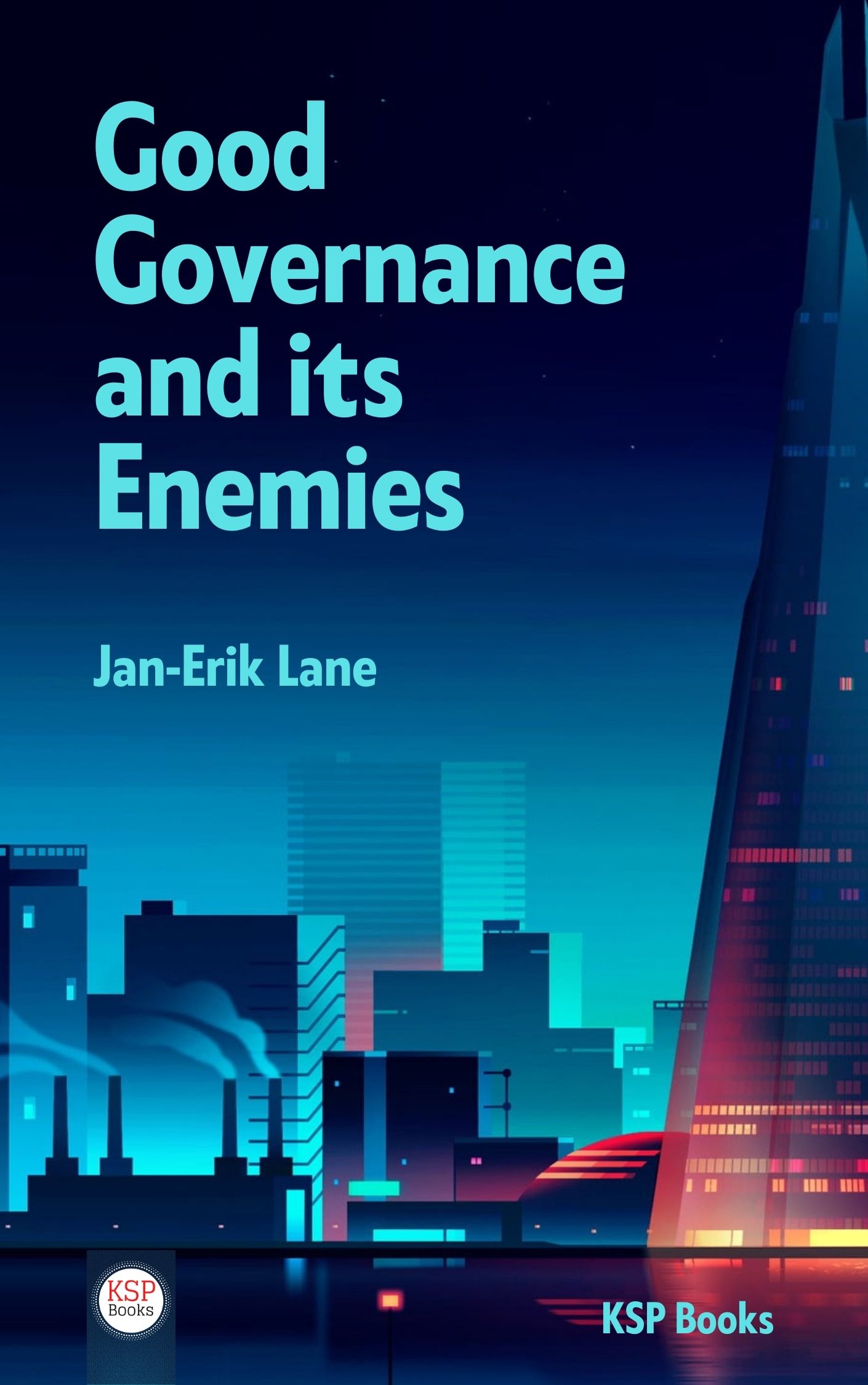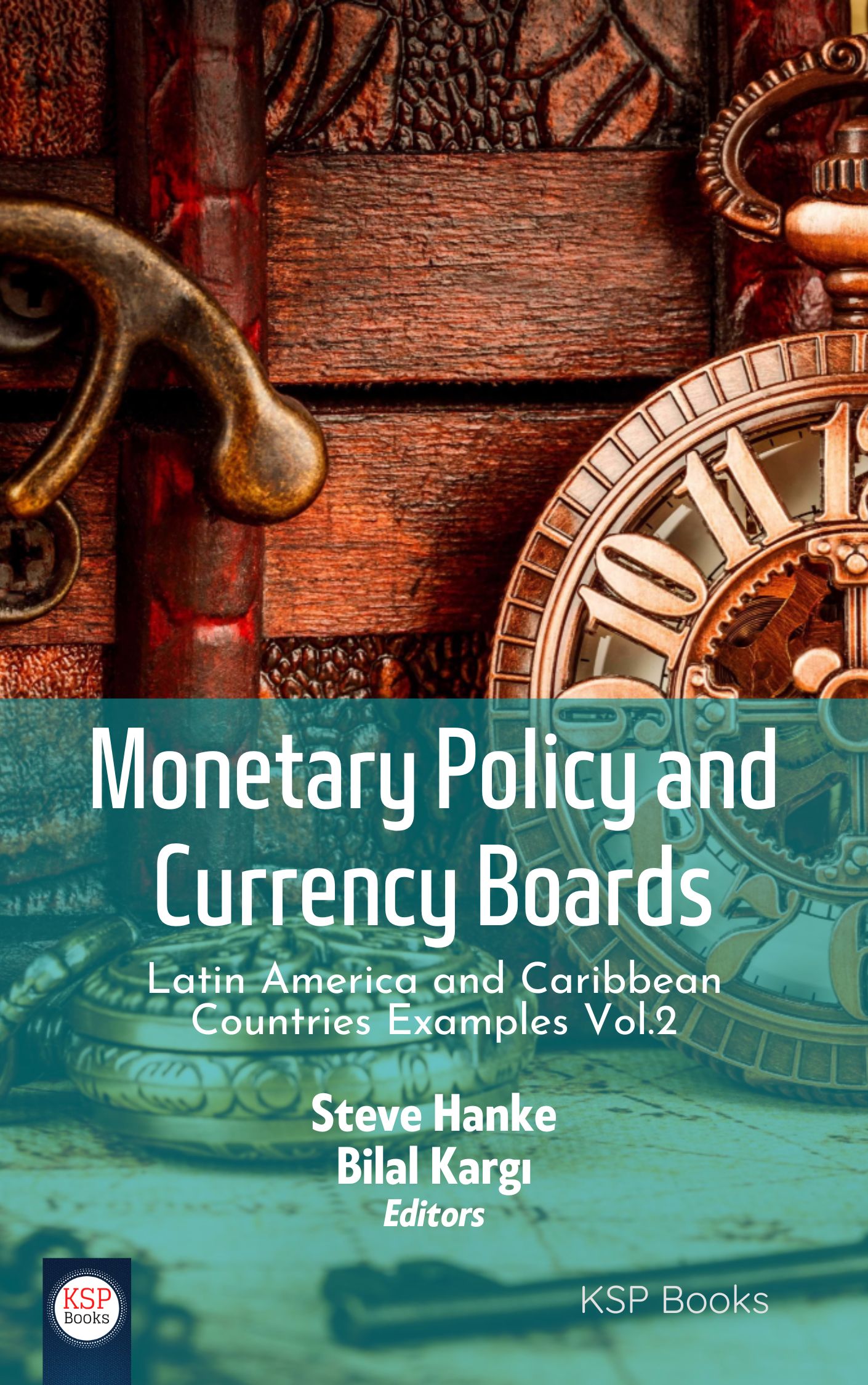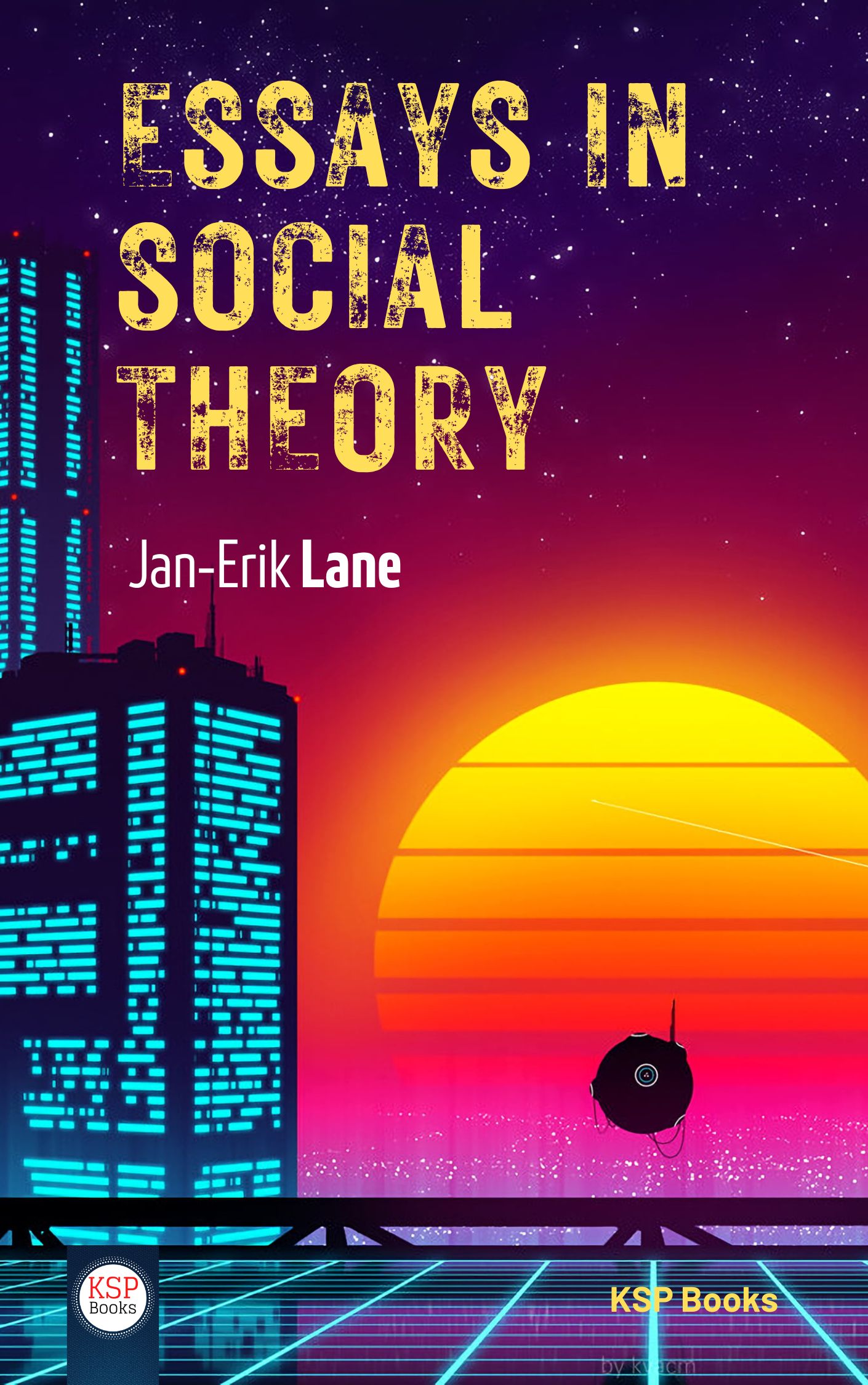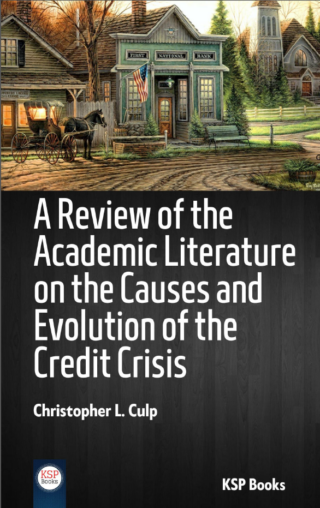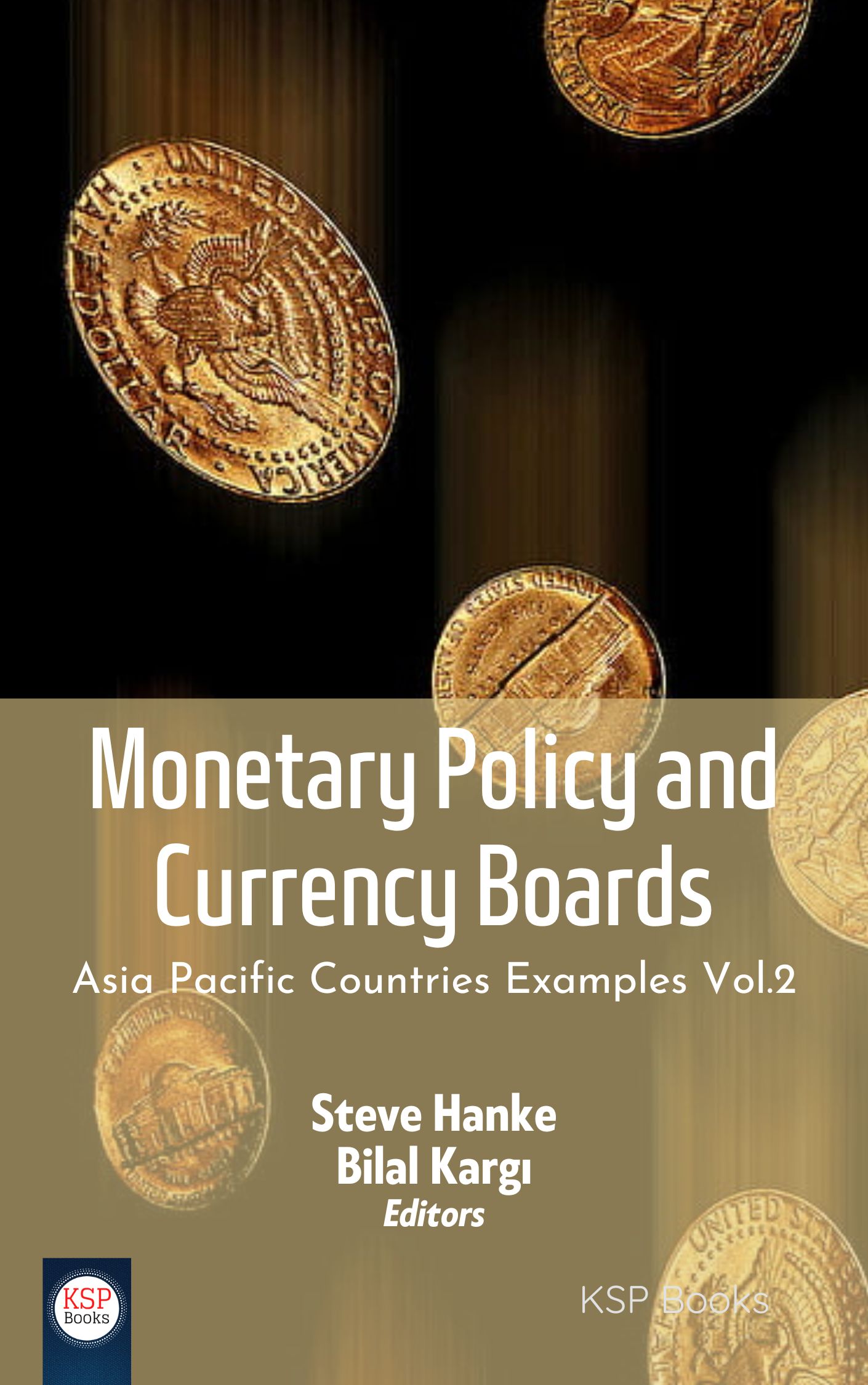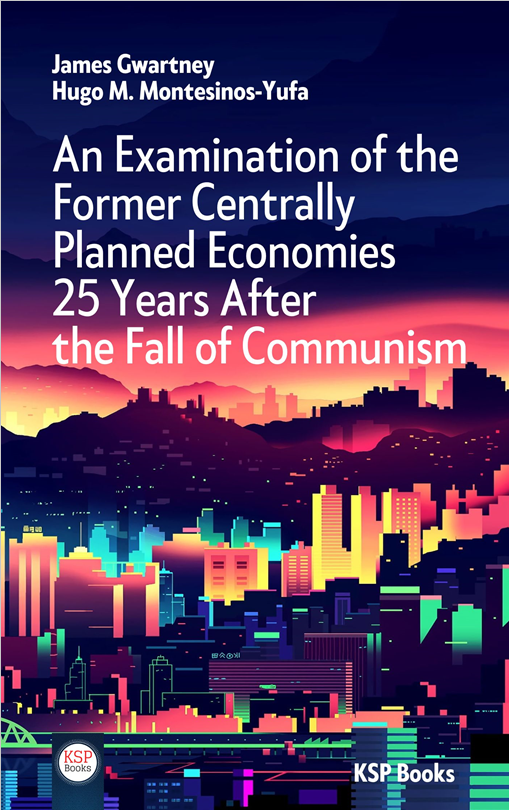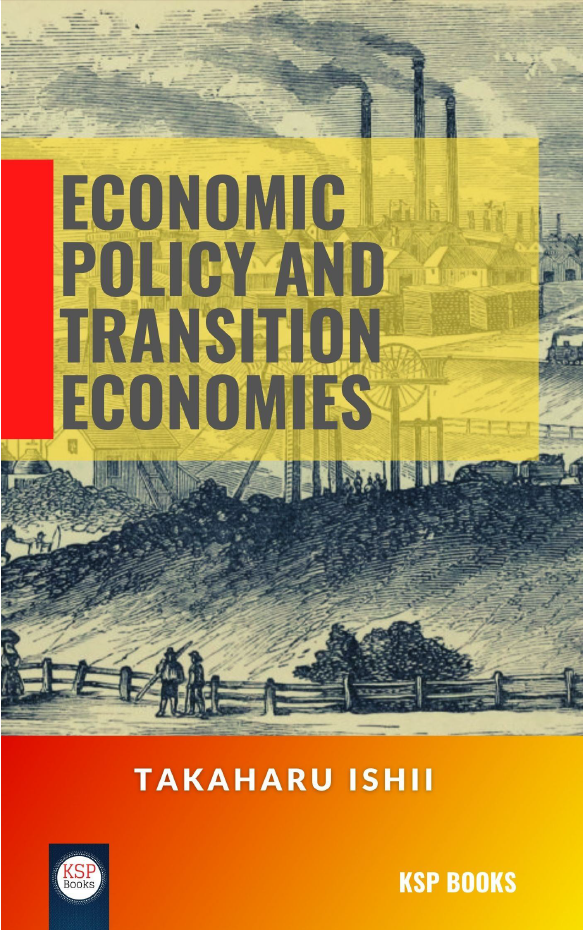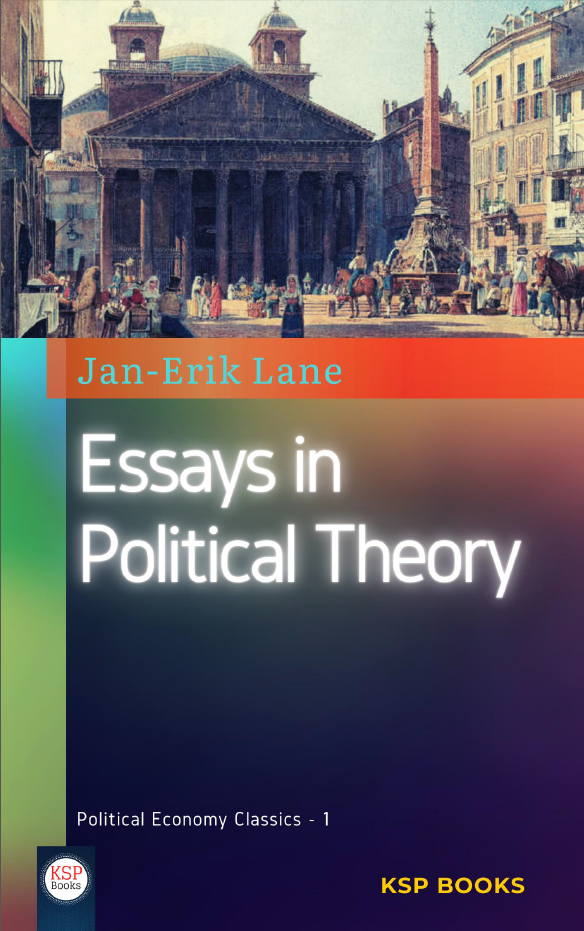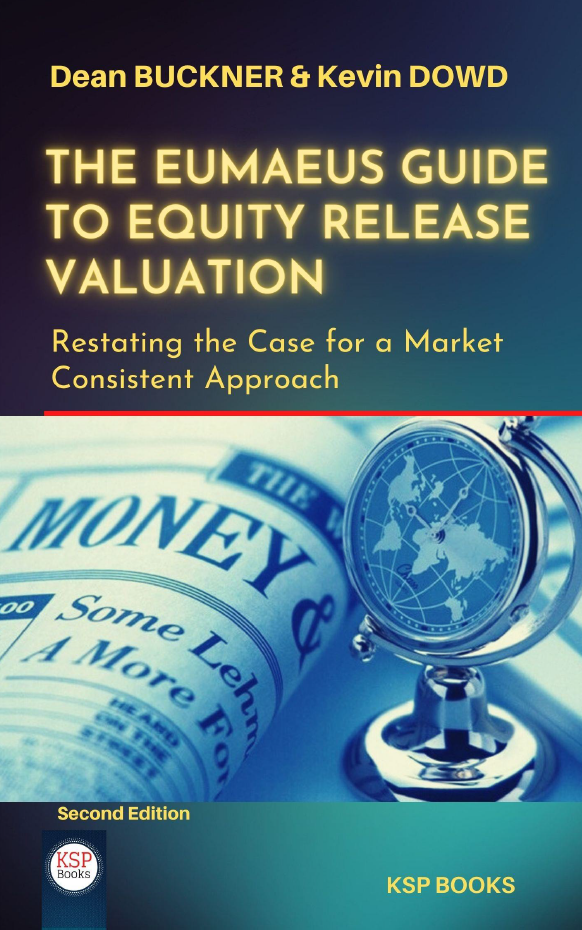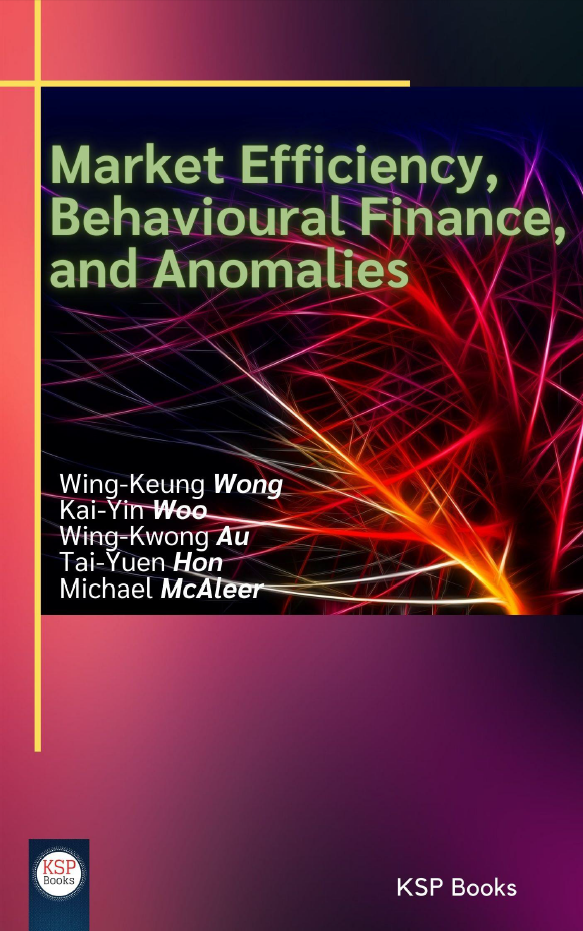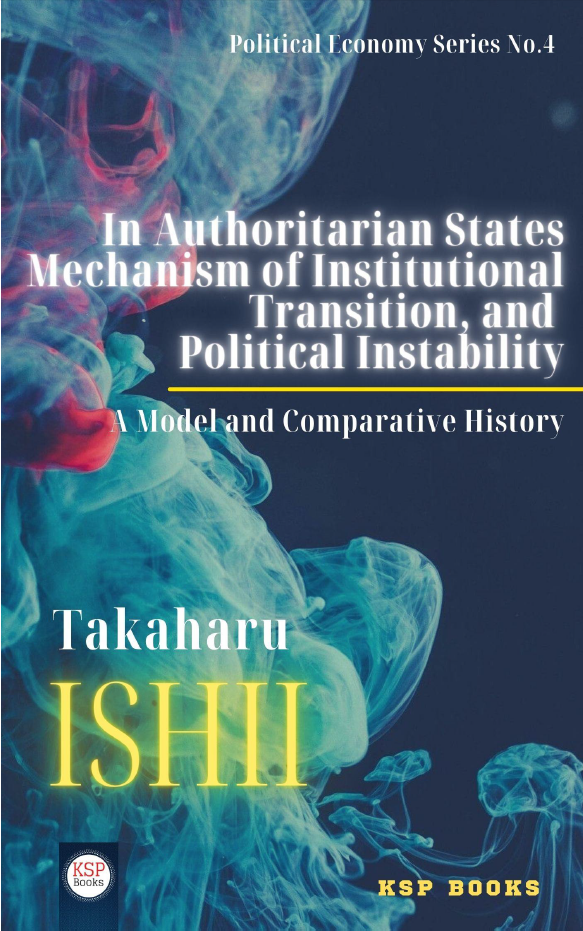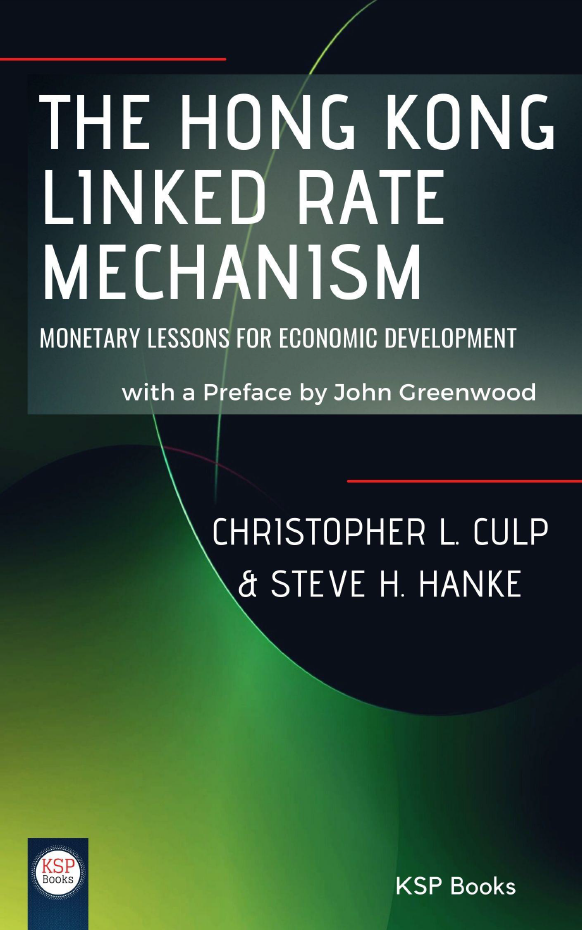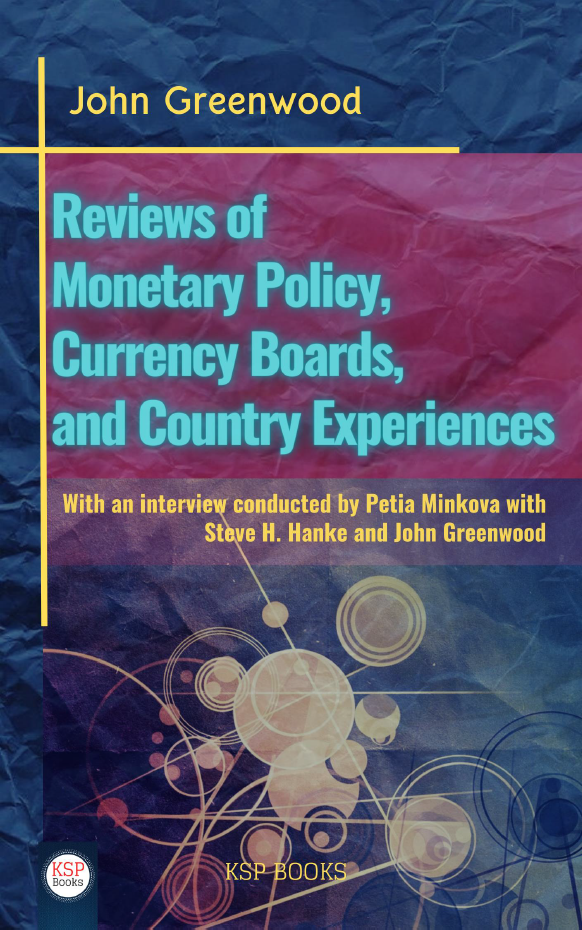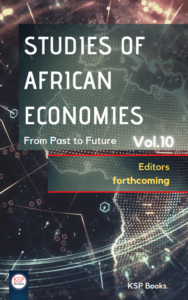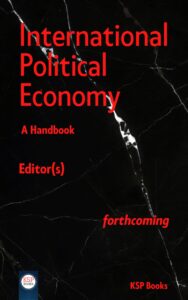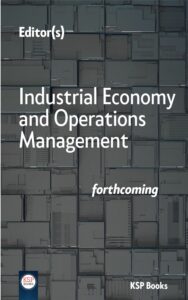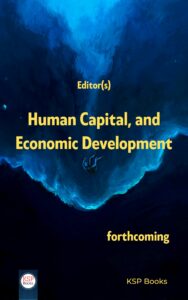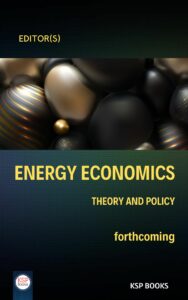By
Rafael Acevedo
Creighton University, USA
Hugo J. Faria
University of Miami, USA
Hugo M. Montesinos-Yufa
Ursinus College, USA
Carlos Navarro
Instituto de Estudios Superiores de Administración, Venezuela
e-ISBN: 978-625-8190-54-0
DOI: 10.65810/e-978-625-8190-54-0
Publishing Date: December 25, 2022
File Size: 2,804 MB
Length: viii + 77 pages (PDF)
Language: English
Dimensions: 13,5 x 21,5 cm
 This Book is completely open access. You can freely read, download and share with everyone.
This Book is completely open access. You can freely read, download and share with everyone. 
This study is based on an intuitive idea: National governors tend toward rapacity if not checked. In order not to be dominated and despoiled, the people—or the electorate—must have some way of making governors accountable for their spending. Honest elections are the most basic means of exerting such accountability, but they are not the only way. When governors are not fiscally accountable, we say they are “fiscally independent.”
Inspired by historical divergent political-economic paths in England, France, Portugal, and Spain, we examine the modern conditionally estimated effects of government being fiscally independent. This study documents that higher levels of fiscal independence are associated with detrimental effects on the quality of democracy, the rule of law, judicial independence, freedom of speech, clean elections, and other desirable outcomes. Fiscal independence is detrimental to human well-being. Fiscal independence is also associated with greater state ownership of productive assets and dictatorship.
Our proxy for fiscal independence is a novel and sturdy conditional determinant of political development. Finally, years of education are also conditionally determined by fiscal independence.
Foreword
By Daniel Klein, George Mason University
Abstract
1. Introduction
2. Contributions to the Related Literature
3. Abbreviated Historical Background
Medieval England
Early Renaissance
Seventeenth Century
Continental Europe Contrast
4. Data
Outcome Variables
Variable of Interest
Main Control Variables
Sensitivity Analysis using Additional
Explanatory-Variables
5. Empirical Strategy
6. Main Results
Baseline Results
Robustness Checks
7. Concluding Remarks
Tables
Appendix
References
Reviews
Hugo M. Montesinos-Yufa, Ursinus College, USA
| I was born and raised in Venezuela, where I studied industrial (production) engineering and earned a Ph.D. in engineering with a concentration in statistics. In 2013, I was a professor at Universidad Simon Bolivar (USB) and the Instituto de Estudios Superiores de Administracion (IESA), both located in Caracas, Venezuela. At USB, I broadly taught in the areas of industrial engineering, quality control, probability, and statistics. At IESA, I mostly taught quantitative methods, business statistics, and research methods.
In 2014, I moved to the U.S. to pursue a Ph.D. in economics with a concentration in economic development at Florida State University (FSU). Given the difficult situation in Venezuela, life was giving me a big opportunity, and I took it! At first, it was a challenge to be a student again, but at the end, I did so successfully and enjoyed one of the most remarkable periods of my life. I learned a lot, improved my research, and practiced some old hobbies like playing guitar, rollerblading, and playing table tennis (I was in the FSU Table Tennis team and participated in several national and regional competitions). I also had the immense privilege to closely work with my FSU advisor, James Gwartney. On August 19 of 2019, I successfully defended my dissertation at FSU, culminating this “second” stage as a student. On the next day I started teaching activities at Ursinus College, PA, USA. I am currently an assistant professor of Statistics in the Department of Mathematics and Computer Science at Ursinus College. After leaving my parents, extended family, and friends in Venezuela, I have been incredibly blessed to have found my wonderful wife, the love of my life, and a wonderful job both at the same place and time. |
Dr. Montesinos-Yufa’s Book(s)
Fiscal Independence from Electorate Accountability
“Few researchers examine the impact of political structures on economic performance. This project is an exception. The authors find that fiscal independence leads to excessive spending and exerts an adverse impact on rule of law, freedom of speech, and various other political and civil rights. During the current age of large government spending, these findings will conflict with the views of many. This is all the more reason why they deserve to be heard.”
James Gwartney
Professor Emeritus and Gus A. Stavros Eminent Scholar Chair at Florida State University.
“This book proves what is historically true: the greater citizens' freedom to carry out their activities, the greater the development for all. The meddling of bureaucrats always tends to slow down development. Less state, more growth.”
Oscar Garcia Mendoza
Venezuelan Distinguished Banker. Leader of the most profitable and serious Bank in Venezuela.
“This book explains why in all prosperous democracies, governments are financially (fiscally) dependent on voters. Democracy is at risk when the government is independent from citizens' taxes. To empower the population, the government must depend on the taxes of the citizens.”
Jesús Ramírez, LA PATILLA
“This groundbreaking study confirms what Venezuelans already knew intuitively based on our experience of the last 50-plus years, observing firsthand the decay and eventual destruction of the political and economic institutions of our oil-producing nation: governments that own or control the majority of the productive assets of the country, the commanding heights, and therefore are not dependent or beholden to its citizens for its income, will, in the end, not care for them, making a true democracy unattainable, no matter the efforts of a good portion of its population. Fascinating is the authors’ analysis of over 1500 years of English constitutional history during which its subjects (and later, eventually citizens) effectively managed to “starve the king,” spurring outcomes that are directly linked to the emergence of the rule of law, a gradual democratization process, accompanied by a legal system (common law) that is second to none in history, giving rise to unparalleled economic development based on the Industrial Revolution in Britain and nations, like the United States, in which the same principles were laid down at the constitutional level shortly after their independence.”
Erik Halvorssen
“This book discloses the foundations of the narrow corridor, the freedom space determined by the state on one side, and the electors on the other. This corridor exists in some countries because the Leviathan is shackled given its financial dependency on the electors’ taxes and the electorate exerts collective action, that is, political participation, induced by the costs of taxation.”
Antonio Turco-Rivas Jr.
Director - Kannoa Spaces, and Babson College - Franklin W. Olin Graduate School of Business
“Kudos to scholars Acevedo, Faria, Montesinos, and Navarro, who address the vital issue of government accountability to the electors, resorting to abundant historical and empirical evidence. The findings are presented in the context of democracy and its pillars, such as the rule of law, judicial independence, freedom of speech, clean elections, and civil liberties. Moreover, the study casts light on the Modernization hypothesis, the structure of government spending, and its potentially detrimental effect on democracies’ quality.
A crucial issue in the monograph is the salience of a government financially dependent on electors’ taxes to generate accountability. The authors argue, supported by evidence, that when the state lives off the people’s taxes, it becomes compelled to increase the supply of accountability. At the same time, the political participation of electors motivated by taxation costs augments the accountability demand.
Accordingly, this research on political economy and economic policy highlights the importance of active citizens’ participation in demanding accountability before their representatives at local, regional, and national levels, a practice little used, especially in Latin American countries.
This excellent study has disruptive findings that allow a better understanding of democracies’ heterogeneity worldwide. The investigation also discovers numerous pernicious effects on democracy and its pillars stemming from governments capable of obtaining revenues independently of the citizens.
Democracy has its rules, and the behavior of politicians frequently violates them, for which it is necessary to be vigilant to prevent this from happening. Therefore, this document invites the reader to learn and deepen the importance of solid political and economic institutions, checks and balances among the branches of government, and a legal framework promoter of societies’ welfare.”
Rocio Guijarro
Cedice Libertad Manager
“Absolute monarchy results when the crown owns all or at least two-thirds of the landed wealth; aristocracy, when the nobles own a similar share. When the people possess two-thirds or more, the result is democracy.”
[James Harrington 1656, 1992.
The Common Wealth of Oceana; and a System of Politics. pp.271-272.]
“English constitutional evolution…..provides a classic illustration of how private wealth restrains public authority.”
[Richard Pipes 2000, Property and Freedom. p.123]
Related EconPedia Items



